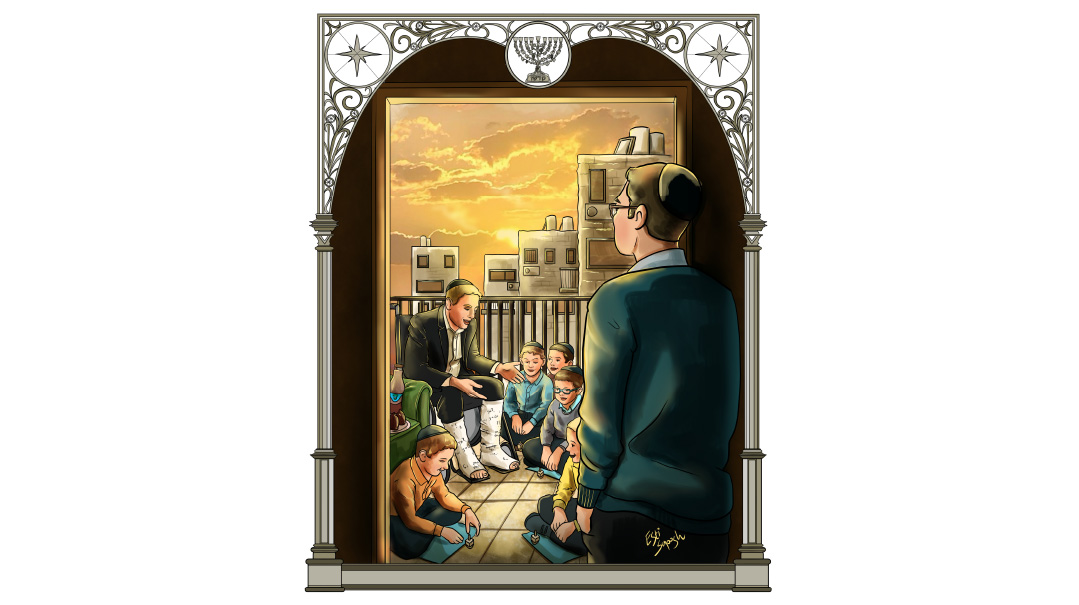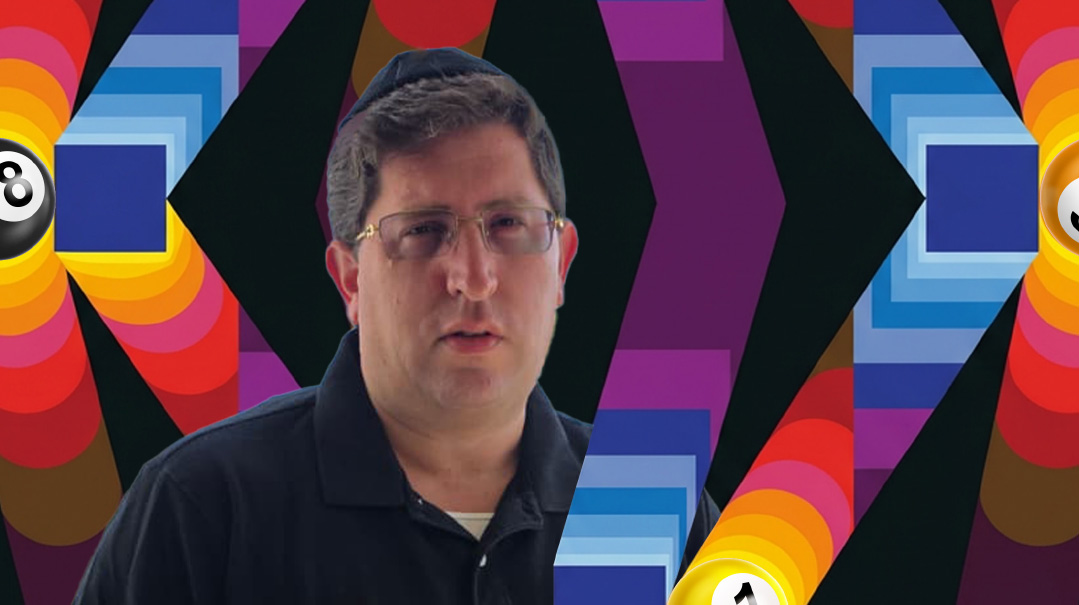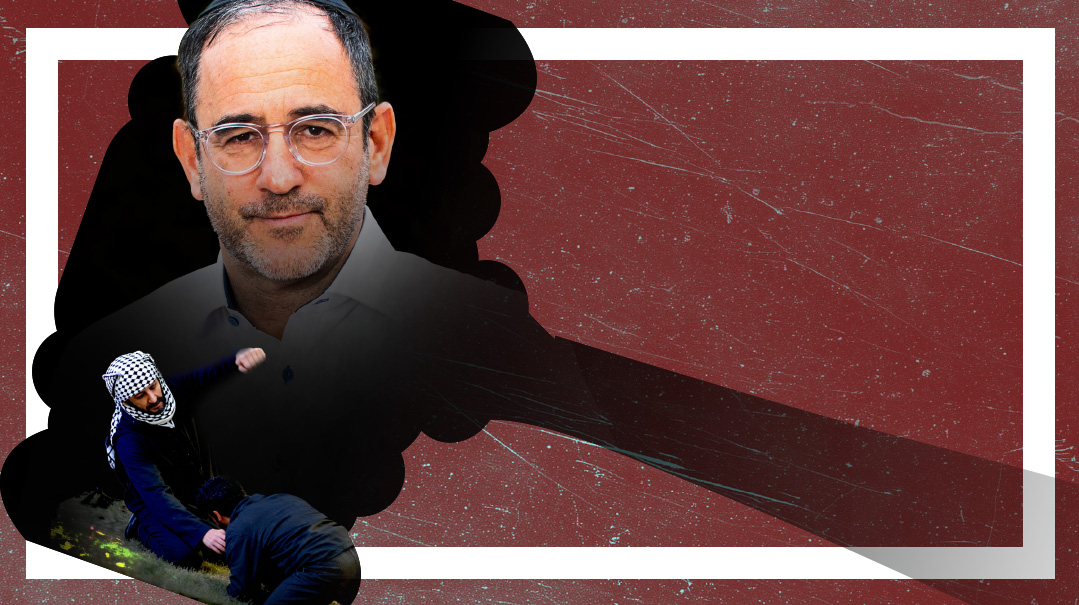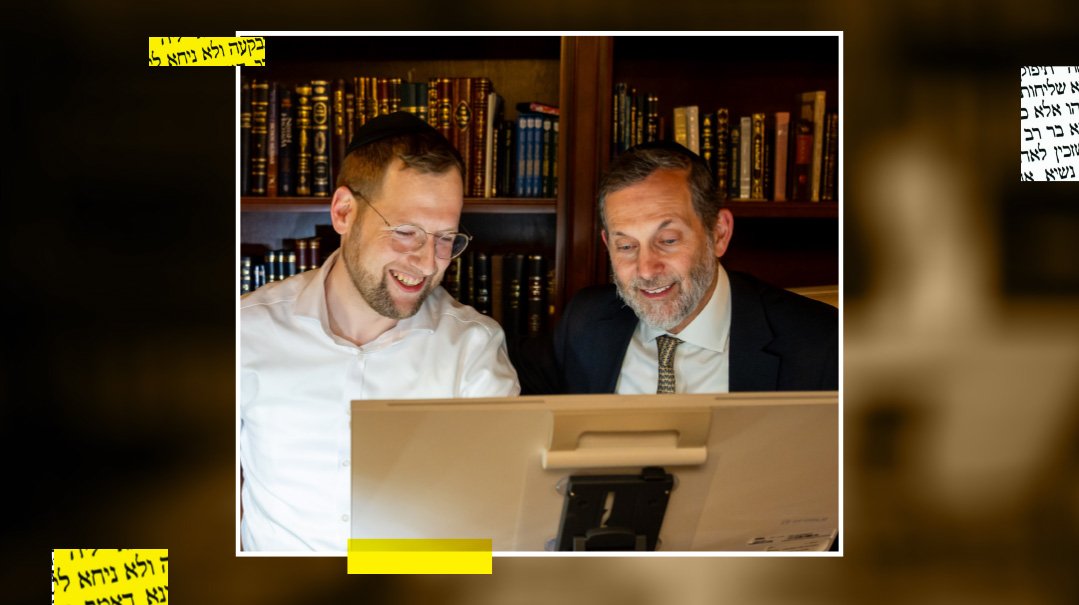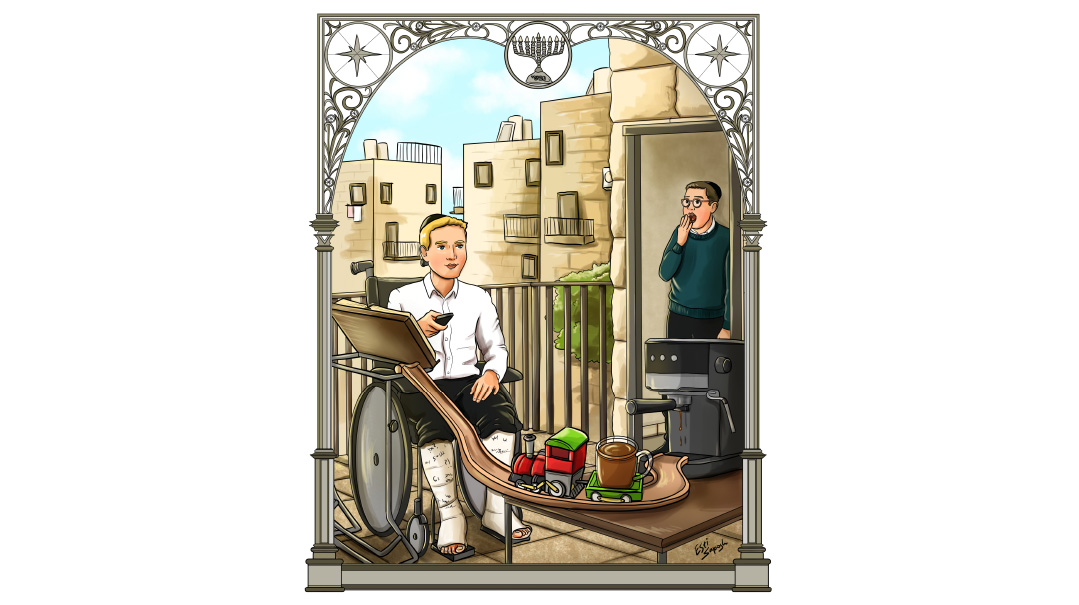Train Tracks to Freedom
| August 10, 2016
Mrs. Fachler reflects on her rich past: “I look back at things I said and did and I don’t know how I did them. But Hashem guided me. He put words into my mouth and told me what to do…”
M rs. Eva Fachler’s love of life runs through our conversation like an effervescent strand as we toss the loosely woven cloth of conversation from place to place from Frankfurt to South Africa Letchworth to Jerusalem and from kosher butchers to birthday parties. It is clear that she’s met all the changes in her life with reserves of inner joy.
At the Shtiebel in Frankfurt
in Frankfurt am Main Eva Becker’s pride in her place of birth is obvious. I soon find out though that the Becker parents were not true-blue yekkes; they hailed from Lithuania. The litvish shtiebel in the East End of Frankfurt suited them better than the formality of Rav Breuer’s shul. “At Breuer’s you could hear a pin drop even on Simchas Torah ” Eva remembers.
Little Eveshon as she was called was persuaded to walk to the shtiebel with her grandfather but she loved singing and the choir at Breuer’s was a big attraction for her. “On the way home we used to compare all the chazzanim: Shachnowitz Steinberg and others. I was different from my parents — my mother used to say to me ‘Where do you come from?’ ”
A people person to the core Mrs. Fachler rolls out names from the 1930s as if it were yesterday. She is still in touch with two classmates of hers from Frankfurt she tells me. But back then friendships were part of a complex communal divide between old-time yekkes and the Ostjuden Jews from Eastern Europe who had resettled inFrankfurt. “We lived over the Main in Sachnehausen but I used to go to theEast End to play with my friends who were Ostjuden.”
There were two possibilities for schooling inFrankfurtthen. The cousins on Eva’s mother’s side attended the Jewish but secular Philanthropin school but her paternal grandfather insisted Eva attend the Samson Raphael Hirsch Schule. “Although we could not afford the fees it was important enough for him to offer that my [childless] uncle would pay for our education there.”
As Eva grew up the atmosphere in Frankfurt’s community soured. Shechitah was forbidden kosher meat hard to come by. Jews were excluded from swimming pools libraries parks and concert halls. The children continued with their social life which revolved around school friends and synagogue but Eva noticed that at the weekly Shabbos kiddush adults spoke in whispers in the kitchen. “Suddenly my cousins started going missing. They were just no longer there ” she records in her memoir The Vow. “I felt fear like a cold hand on my shoulder. I wanted to know why everybody spoke in whispers but no one would tell me. I overheard words like ‘Reichskanzler Hitler passport Palestina ’ but I could not work out what it all meant.” Anna the beloved nanny who had been part of the Becker family since before Eva’s birth was forbidden to work for Jews and she tearfully left.
The Becker family was unusual in two respects: They sensed that the Nazi evil that had begun to unfold would reach a terrible climax and they had a providentially provided means of escape — British passports.
Means of Escape
The story of the family’s escape begins about 30 years before Mrs. Fachler was born. Eva’s grandfather Reb Yankel Wolpert was from Memel inLithuania. When it was his turn to be called up to the Russian army he was desperate for a way out.
The law stipulated that if one son in a family had been killed in action the remaining sons were exempt from the draft. With great siyata d’Shmaya Reb Yankel found a family who had lost a son in the army who allowed him to adopt their name and pose as their son. “I don’t know how he paid them for this” ruminates Mrs. Fachler. “What could he have given them? He had no money.” From then on Yankel Wolpert was officially Yankel Becker.
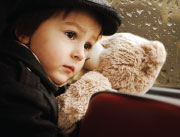
: “Yetzt zent ihr meine kinderlach — Now you are my children.” It was a promise that Mannie Fischer along with hundreds of others never forgot.
On the wall of Mrs. Fachler’s pretty room in Beit Moses is a portrait of the Ponovehzer Rav ztz”l. He was the first cousin of her father Samuel Becker a nephew of that resourceful talmid chacham Reb Yankel Wolpert/Becker.
Having escaped the draft Yankel also sought to escape the desperate poverty afflicting Lithuanian Jewry. Reb Yankel traveled to South Africain the hope of making a livelihood. After a year of success in Pretoria he applied for and received South African citizenship for his family which effectively made them into British subjects. Reb Yankel made his way back to Russiato bring the family over but there he was met by a telegram. It informed him that his erstwhile business partner had run away with all their profits and business assets. The only thing of value left to Reb Yankel was the tickets to South Africa. These he sold and emigrated to Frankfurt am Main where he became a rav in the Weissenhaus district.
There was one indirect gain from the South African fiasco: a pocketful of South African passports. “We left Germanyvia Hollandwhen I was 16” Eva recounts. “My father and mother my younger sister and myself and also the extended family. Most of the family were Zionists — they wanted to go to Eretz Yisrael. One uncle left for Canada. But my father adored Churchill. We went to England.” The Becker family left Germanyintact even taking along some possessions unlike later refugees who could take only ten Reichsmark — less than 1 British pound.
Even then though it was safer for Eva’s family to pretend that they were just going on a family vacation to Holland. “We packed our suitcases cramming in as much as was possible for a self-catering holiday which was our story should any official query us. On a lovely bright morning we stole into a taxi. I looked at all the changed street names and I thought ‘This is not my town anymore not myMain anymore not my childhood anymore.’ ”
Oops! We could not locate your form.

